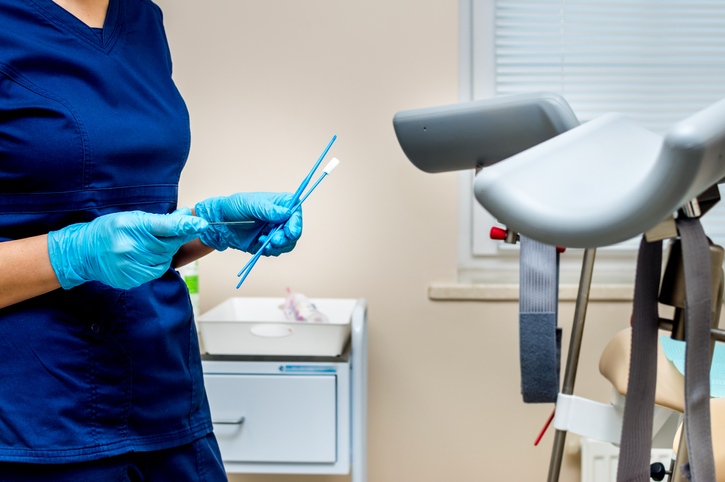Show content
A Pap smear (Pap test) is an exam that tests for cervical cancer. The test can also look for abnormal cells in the cervix, which can become cancer. A routine Pap smear is a regular part of your overall health care. You may have questions about getting a Pap test, like how often you need it, why you need a Pap smear, the benefits, and what age to start. A pap smear is a simple, potentially life-saving procedure. Here’s everything you need to know before, during, and after your next visit.
Why Are Pap Smears Essential?
A Pap smear looks for harmful cells on the cervix. Precancerous cells could become cervical cancer if they are not appropriately treated. A Pap test looks at your cells to see if they look normal. If they’re not normal, your doctor may suggest a routine procedure to remove the pre-cancer cells. An HPV test is usually done with a Pap test. Another benefit of getting routine Pap tests is checking your cells for HPV. HPV (the human papillomavirus) can cause cell changes that lead to cervical cancer. Human papillomavirus is responsible for 99.7% of cervical cancer diagnoses.
Pap smears and HPV tests can prevent cervical cancer or find it early. The earlier you detect cell changes, the easier it will be for your doctor to treat you accordingly. If you skip your Pap tests, your doctor could be missing something that could potentially be dangerous to your health over time.
At What Age Do You Need a Pap Smear?
In general, women should begin getting Pap tests at age 21. Most women ages 21 to 65 should get a Pap smear every three years. Women over 65 who have had two normal Pap tests in the last 10 years and no severe precancerous cells in the previous 20 years can usually stop screening altogether.
Is there a need for a Pap test when you’re under 21?
Usually, the cells don’t show up in younger women, so there’s usually no need to get a Pap smear if you’re under 21, even if you’re sexually active. However, regular gynecological care is essential for women of all ages. It’s a good idea to visit a gynecologist at least once a year for an annual checkup and a pelvic exam or if you have any concerns about your reproductive or vaginal health. Some women will need them more often due to their medical history. For example, women with one or more health concerns below may need to have a Pap more often.
- Cervical cancer or a Pap test that revealed precancerous cells
- HIV infection
- A weak immune system
- Exposed to DES during pregnancy
Good To Know: Even though you may need less frequent Pap smears, you should visit your gynecologist for annual exams. A Pap test is not the same as a pelvic exam, which helps doctors find irregularities past the cervix.
What Happens During a Pap Smear?
This is an in-office visit that only lasts a few minutes. First, you will undress and lie on your back with your heels in the stirrups for support. The doctor gently inserts a tool called a speculum inside your vagina. The speculum holds the walls of your vagina apart, allowing the doctor to view your cervix. Next, your doctor will take samples of your cervical cells with a soft swab and send them to a lab for review. Pap smear results usually take a few days. Your results will yield negative (normal) or positive (abnormal). Please remember that an abnormal Pap test doesn’t always correlate to cervical cancer. Abnormal Pap smear results may also be caused by inflammation, infection, HPV, or pre-cancer. If your results are positive, you and your doctor will discuss any next steps or follow-up visits together.
Pap Smears in Columbus, OH
You can prevent cervical cancer with regular Pap smears and HPV screening. Discovering and treating abnormal cervical cells early greatly reduces your risk of developing this life-threatening disease. For more information on Pap tests or to book your next appointment, visit Complete Healthcare.

